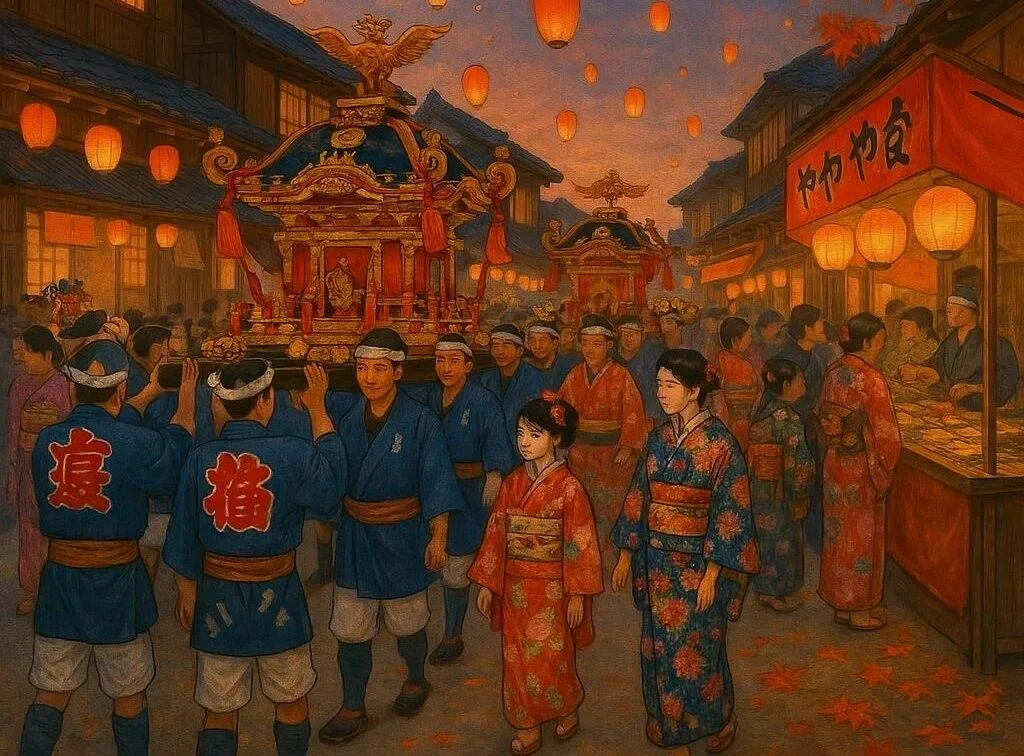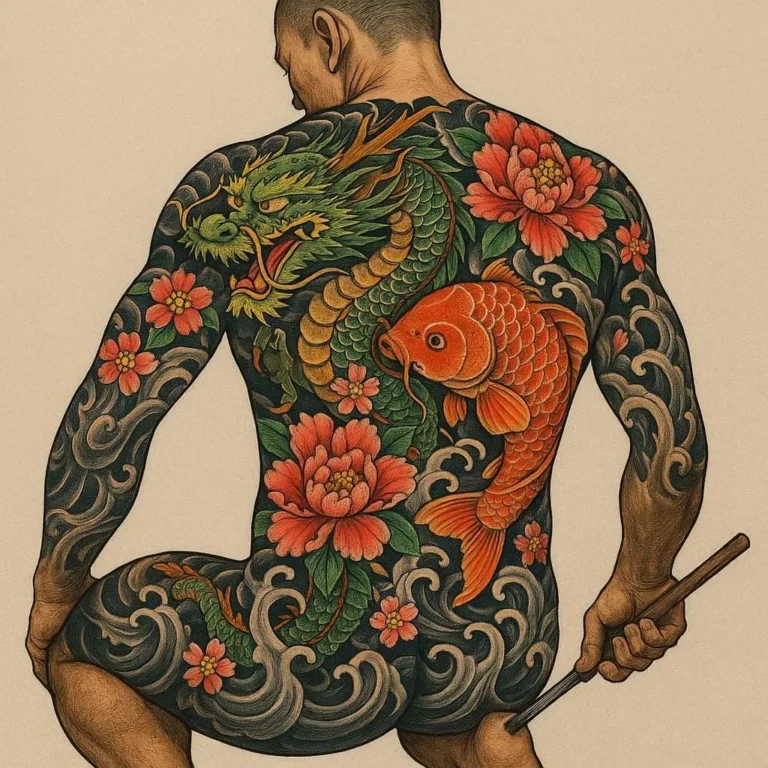503 views The Significance of the Obon Festival in Ancestral Worship
Understanding the Obon Festival: A Celebration of Ancestral Spirits
The Obon Festival, a significant event in Japanese culture, is a poignant celebration honoring the spirits of one’s ancestors. Typically held in mid-July or mid-August, this Buddhist tradition is a time for families to reunite and pay tribute to their deceased loved ones. The festival is a beautiful blend of rituals, dances, and offerings that highlight the deep-rooted belief in ancestor worship in Japan.
The History and Origins of Obon
Buddhist Roots
The Obon Festival has its roots in Buddhist scripture, specifically the legend of Maudgalyayana, who, through deep meditation, witnessed his mother suffering in the Realm of Hungry Ghosts. To ease her suffering, he offered food and clothing to Buddhist monks, leading to her release. This story underscores the importance of honoring ancestors and the role of compassion in Buddhism.
Historical Development
Originating in the Heian period (794–1185 CE), the Obon Festival evolved over centuries, influenced by local customs and traditions. Initially a solemn religious event, it transformed into a vibrant celebration with dances, fireworks, and family reunions, reflecting Japan’s rich cultural tapestry.
Cultural Practices and Rituals
Bon Odori: The Dance of Spirits
One of Obon’s highlights is the Bon Odori, a traditional dance performed around a yagura stage. This dance, often accompanied by folk songs, welcomes spirits back to the world of the living. Participants dance in a circular formation, symbolizing unity and the cycle of life.
Lighting of Lanterns
Families light lanterns, known as ‘tōrō nagashi,’ to guide spirits back to the afterlife. These lanterns, often floating on water or placed at grave sites, serve as beacons, symbolizing the fleeting nature of life.
Altars and Offerings
Altars are adorned with offerings such as incense, flowers, and food to honor ancestors. These offerings reflect a deep respect for forebears and the belief that their spirits continue to influence the living.
Spiritual Significance
Connection to the Afterlife
Obon bridges the living and the dead, emphasizing the belief in an afterlife. It’s a period when the veil between worlds is at its thinnest, allowing for communication with ancestor spirits.
Honoring Ancestor Spirits
The festival is a time for expressing gratitude and seeking blessings from ancestors. Families clean graves, offer food, and perform rituals to honor their memory, reinforcing the continuity of heritage.
Modern Practices and Celebrations
While maintaining its spiritual core, Obon has adapted to modern life. Urban areas host community events, and families use contemporary methods to honor their ancestors, ensuring the tradition remains vibrant.
Universal Themes
Gratitude and Remembrance
Central to Obon is the theme of gratitude, reminding us to appreciate our ancestors’ contributions to our lives. It’s a time for reflection and connecting with our roots.
The Cycle of Life
The festival reflects on life’s transience and the inevitability of death, offering comfort in the belief that connections with loved ones endure beyond death.
Conclusion and Call-to-Action
The Obon Festival is a touching celebration of ancestry, blending tradition with contemporary practices. It invites us to reflect on our heritage and honor those who shaped our lives. If you have stories or experiences to share, we’d love to hear them. Let the Obon Festival inspire you to connect with your roots and cherish the memories of your ancestors.
For a deeper understanding of Obon, visit the Wikipedia page or explore Britannica’s guide on the topic.





